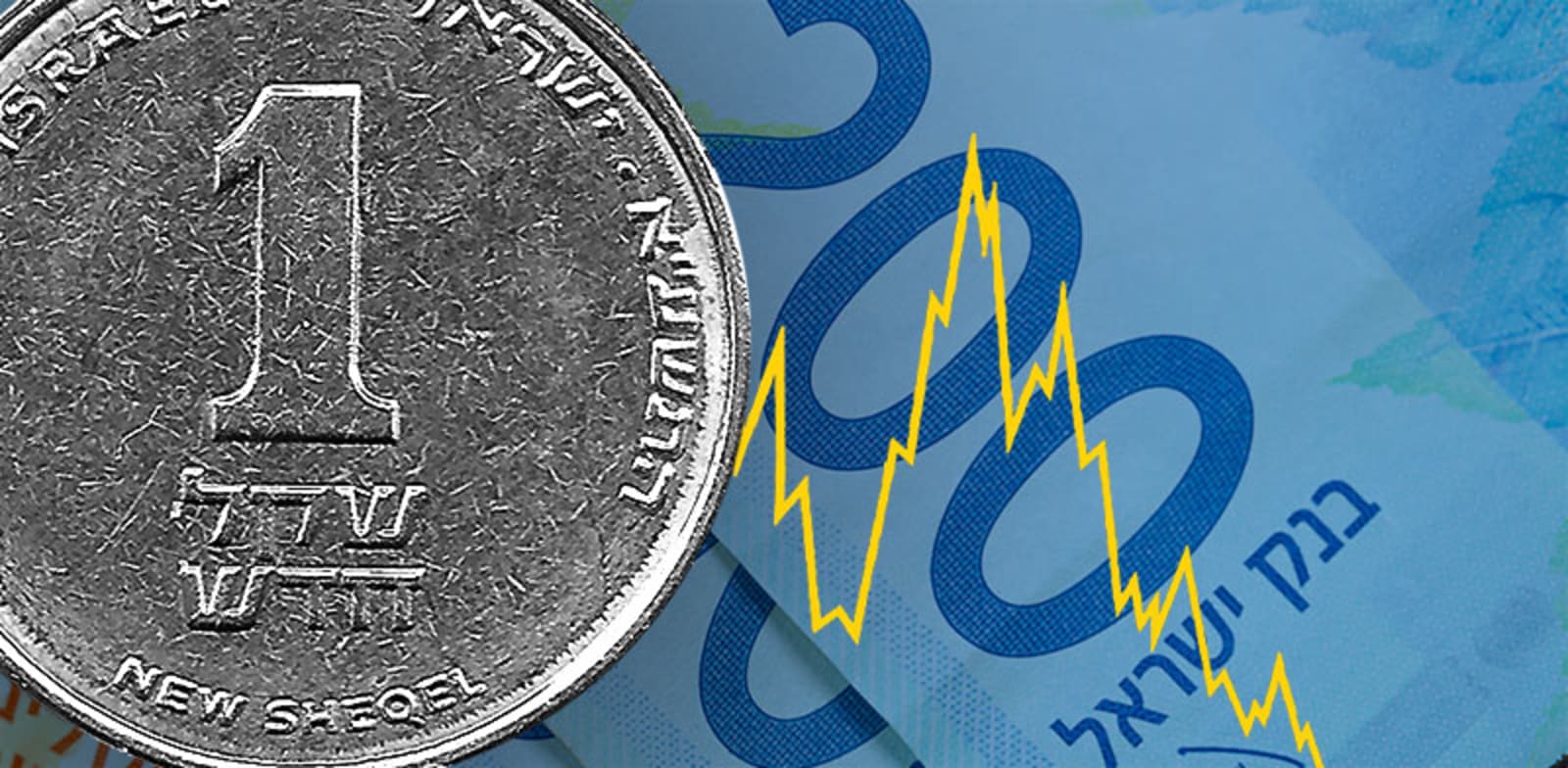ARTICLE AD BOX
Officials from the Accountant General's Office have held meetings with financial institutions in London.
The hostage release and ceasefire agreement between Israel and Hamas has already contributed to economic recovery in Israel. The country’s risk premium and yields on government bonds have fallen sharply from their levels at the beginning of the war, and the shekel has strengthened. Israel’s sovereign credit rating, however, has yet to improve. Because of the war, Israel’s rating was cut, by Moody’s to Baa1 and by S&P and Fitch to A. The outlooks of all three agencies for Israel are negative.
Now there is talk on the market of a rating upgrade. Economic forecasters believe that the time for an upgrade will come soon. This expectation arises from the fall in Israel’s risk premium, and the upgrade is forecast to come within the year. Israel’s rating has not been upgraded since 2018, when S&P raised it to AA-, the highest it has ever been.
The rating agencies do not tend to act quickly, however, and just as the rating downgrades were in practice performed by the markets, before the agencies gave them their seal, so on the way back up, the market will start to price Israel more favorably before the country’s credit rating goes back to its familiar level.
Meanwhile, there is action on the ground. The Accountant General’s Office in the Ministry of Finance, which is responsible for raising debt, is examining whether an overseas debt issue may be worthwhile. Officials recently flew to London to test the willingness of foreign investment institutions. It would appear that although there has been no rating upgrade in the wake of the calming of hostilities on the various fronts, Israel’s position looks better than it did at the time of its last overseas debt offering. Forecasters expect that a foreign issue could refresh Israel’s sources of finance and have excellent results.
Israel’s credit rating is an important factor in determining the return that will be required in an overseas debt issue, but it is less important in the Accountant General’s routine weekly offerings in the domestic market.
The question therefore arises whether an overseas offering is worthwhile. Bank Hapoalim chief economist Victor Bahar believes that it is. "The spreads of the returns on Israeli dollar-denominated bonds are 110 basis points above US bonds. It’s not certain that we will go below this any time soon. These are decent spreads, and Israel could take advantage of the situation to refresh its sources and make an offering overseas."
RELATED ARTICLES
Israel has stepped up the pace of its domestic debt offerings, with between NIS 3.5 billion and NIS 4.5 billion issued weekly. The pace rose in order to meet the needs of the war. The large issues weigh on the domestic market. An overseas offering enables sources of finance to be refreshed and maintains access to foreign sources.
The last overseas sovereign debt offering by Israel took place in March last year. The state issued debt of $8 billion in bonds of various tenors, at interest rates ranging between 5.37% and 5.75%. The spreads in the offering were 135, 145, and 175 basis points over long-term US bonds.
This was a successful offering considering that the war was at its height at the time, but the spreads put Israel in the BBB rating bracket. It is now hoped that better conditions in Israel will make possible an offering on better terms.
What will the rating agencies do?
"We see that there are differences between Moody’s on the one hand and S&P and Fitch on the other," says Bahar. "Moody’s maintains a lower rating than the other two, based on the assessment that Israel has no exit strategy from the war, and so our situation has deteriorated."
Since the last rating downgrade, Bahar explains, Israel’s position has improved significantly. "There’s a ceasefire agreement with Lebanon, and we are in the first stage of the agreement to bring back hostages from Gaza. Their assumption is now seen in a different light. There’s a significant difference from their assessment." In Bahar’s view, if things continue on their present track, there will be no choice but to raise Israel’s rating.
Moody’s has been very hawkish on Israel, and in several of its announcements has stressed what it sees as high political risk. It sees the Israeli government as adopting policies that raise what are in any case high social tensions in the country, such as a renewed confrontation with the legal system on the composition of the Supreme Court, and the government’s attempt to give a permanent exemption from military service to haredim, which most Israelis oppose.
By contrast with Moody’s, the other rating agencies based their rating downgrades on Israel’s fiscal position, which is still challenging. The assessment on the market is that first of all the rating agencies’ outlooks will change from negative to positive, and later on the ratings themselves will rise. Nevertheless, Israel has some way to go before it gets back to an A+ rating such as it had before the war and the judicial overhaul program.
Published by Globes, Israel business news - en.globes.co.il - on January 22, 2025.
© Copyright of Globes Publisher Itonut (1983) Ltd., 2025.

 5 days ago
13
5 days ago
13








 English (US) ·
English (US) ·